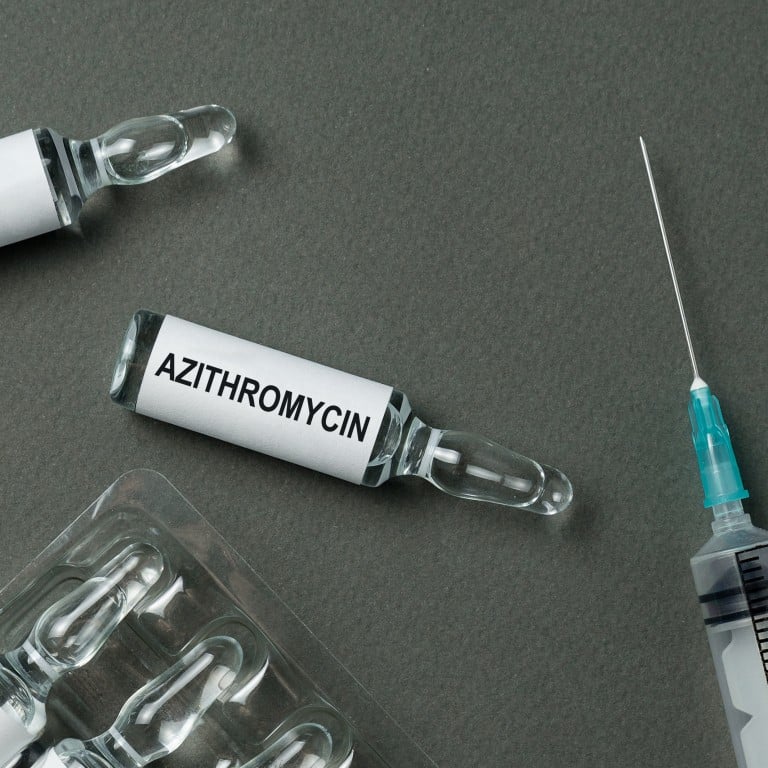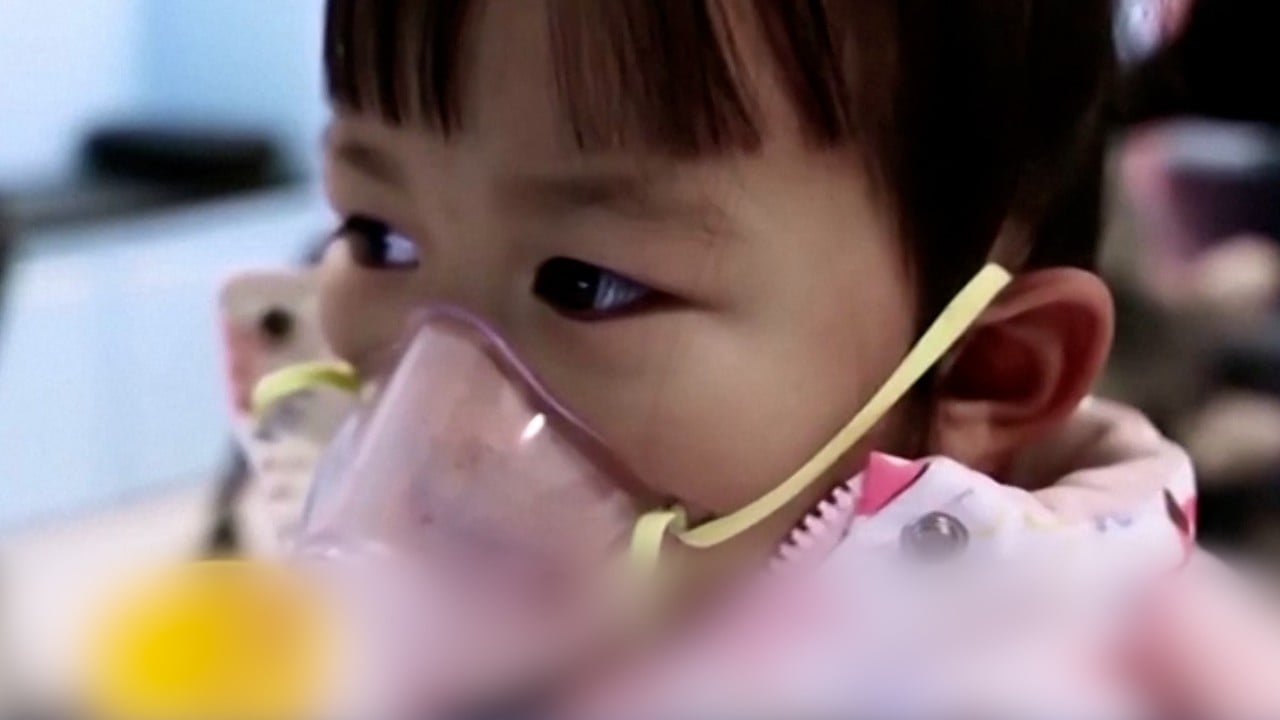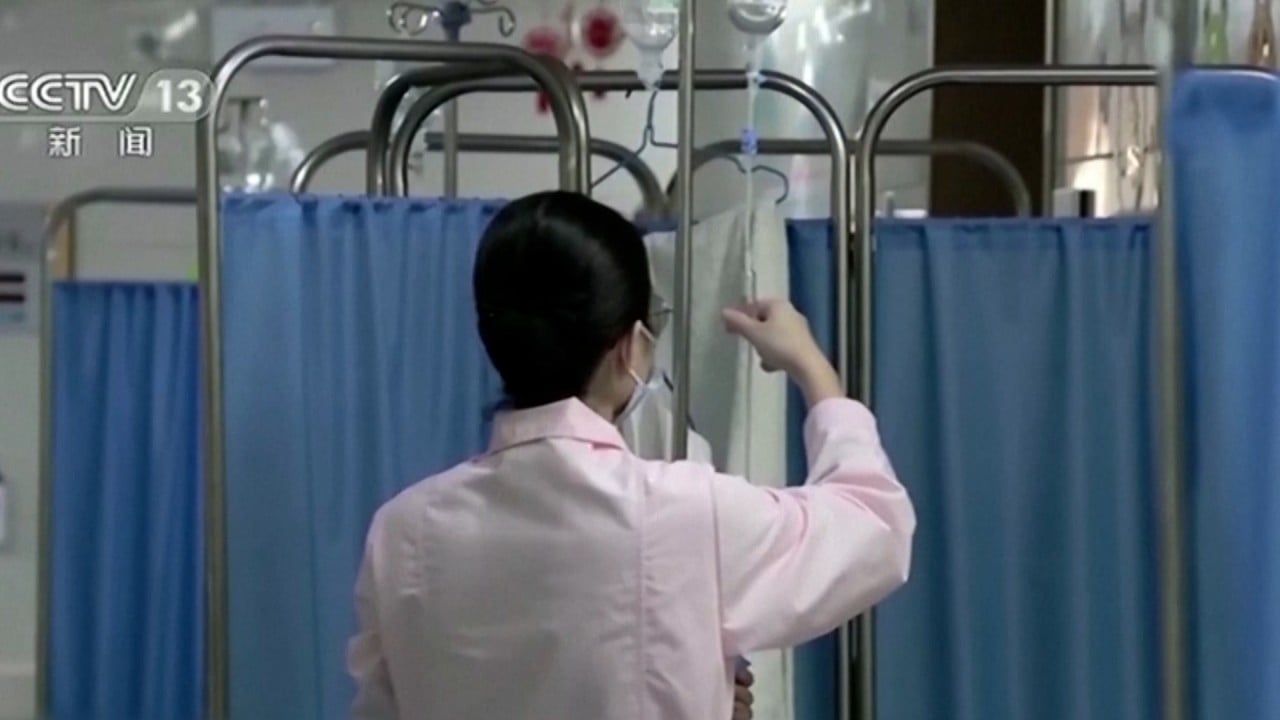
China demands drug suppliers boost imports to combat rise in winter respiratory diseases
- Doctors complain of a drug shortage amid a spike in infectious diseases caused by multiple pathogens
- Azithromycin is among the treatments in short supply after being much sought after and subject to overuse and misuse in China
A report posted on State Council website gov.cn said the rise of seasonal infectious diseases had rapidly pushed up demand for imported drugs, including azithromycin for injection, an antibiotic used to treat a range of infections.
Azithromycin is included on China’s National Reimbursement Drug List (NRDL) which lists government-selected drugs eligible for full or partial reimbursement every year.
Although most are domestic medicines, some imported pharmaceuticals such as azithromycin injections are also on the list.
These drugs are bought by the government via designated companies. By buying in bulk, the government can lower the price of the drugs on the NRDL.
During the spikes last year many hospitals were overwhelmed by patients and internet users scrambled for the antibiotics to treat their children despite warnings from doctors that the drug should only be used under prescription.
Indian police say snake venom being smuggled for use in Chinese medicine
Decades of overuse and improper use of azithromycin has resulted in mycoplasma pneumoniae being drug resistant in China.
The NHSA said it had summoned suppliers for talks and warnings following complaints by doctors of a drug shortage. The administration manages China’s government-backed healthcare insurance schemes.
It said it would step up inspections to ensure suppliers distributed the drugs on time and would encourage healthcare institutes to report any shortage or delayed delivery of azithromycin injections or other drugs on the NRDL to treat respiratory diseases.
Healthcare institutes could use drugs on the reserve drug list, or substitutes in the event of a shortage, the administration said.
During the spike in respiratory diseases last year, the administration repeatedly assured the public that generic drugs were as good as imported ones, although many consumers still scrambled for imported antibiotics. To boost public confidence in generic drugs, China has conducted large-scale clinical trials.
Potent antibiotic emerges in battle against deadly, drug-resistant superbugs



